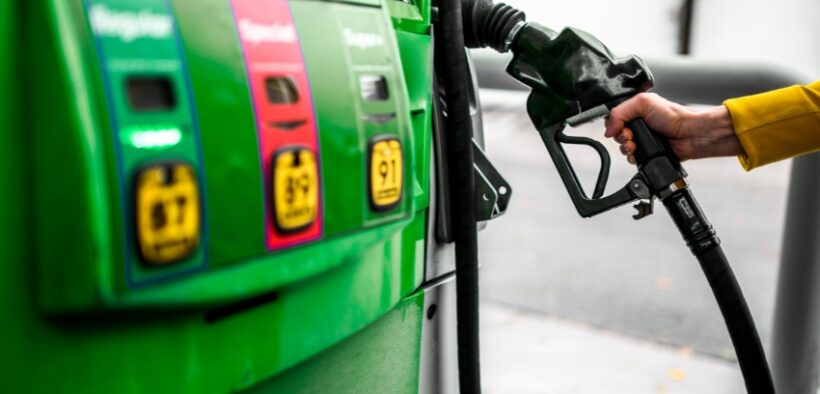Exploring the Advantages of Ethanol Flex-Fuel Cars in India

The global automotive industry is currently undergoing a transformative phase as the demand for environmentally friendly and sustainable mobility solutions continues to rise. In India, a rapidly growing automobile market, a promising alternative is gaining attention: Ethanol Flex-Fuel cars. A recent article published by The Times of India delves into the significant benefits of these vehicles over traditional petrol and diesel options, shedding light on their potential to revolutionize the Indian automotive sector.
With mounting concerns over climate change and air pollution, the automotive industry is under pressure to reduce its carbon footprint. Ethanol Flex-Fuel vehicles, designed to run on a blend of ethanol and petrol, offer a promising solution. The article highlights a range of essential advantages that set these vehicles apart, particularly when compared to conventional petrol and diesel cars.
1. Environmental Advantages: India grapples with severe air pollution, particularly in densely populated urban centers. Ethanol, a biofuel derived from renewable sources like sugarcane and corn, burns cleaner than fossil fuels. Ethanol Flex-Fuel cars emit fewer greenhouse gases and particulate matter, contributing to enhanced air quality and a reduction in environmental harm.
2. Decreased Reliance on Imported Oil: India heavily depends on imported crude oil to meet its energy demands. Embracing Ethanol Flex-Fuel vehicles could significantly reduce this dependence as ethanol can be produced domestically from agricultural crops. This not only enhances energy security but also bolsters the rural economy by creating a market for agricultural products.
3. Cost-Efficiency: The article underscores the potential cost benefits of utilizing ethanol-blended fuels over traditional petrol and diesel. Ethanol production costs are generally lower than those of petrol, and its availability could help stabilize fuel prices, offering relief to consumers grappling with fluctuating fuel costs.
4. Engine Performance and Longevity: Contrary to concerns about performance, Ethanol Flex-Fuel vehicles can match the performance of their petrol counterparts. Furthermore, ethanol’s higher octane rating enhances engine efficiency and longevity, potentially leading to reduced maintenance expenses in the long term.
5. Support for Farmers: The adoption of Ethanol Flex-Fuel vehicles can establish a mutually beneficial relationship between the automotive and agricultural sectors. The increased demand for ethanol production can serve as an additional source of income for farmers, contributing to rural development and addressing agricultural challenges.
6. Government Initiatives: The Indian government’s proactive approach toward cleaner and sustainable mobility aligns well with the advantages of Ethanol Flex-Fuel vehicles. Incentives, subsidies, and policies to encourage ethanol production and distribution can further incentivize consumers to embrace these vehicles.
7. Transitioning to Electric Vehicles (EVs): While electric vehicles (EVs) are hailed as the ultimate solution for zero-emission transportation, the transition will take time due to infrastructure limitations and affordability concerns. Ethanol Flex-Fuel vehicles offer a viable intermediate step, providing cleaner mobility as the EV infrastructure evolves.
In summary
The Times of India’s article sheds light on the pivotal benefits of Ethanol Flex-Fuel cars in India compared to conventional petrol and diesel vehicles. These vehicles have the potential to address critical issues such as air pollution, reliance on imported oil, and rural economic growth. As India’s automotive landscape advances toward sustainable mobility, the adoption of Ethanol Flex-Fuel vehicles could mark a significant step towards a cleaner and greener future. While challenges related to fuel availability, infrastructure development, and consumer awareness need to be addressed, the promise of reduced emissions, enhanced energy security, and agricultural prosperity paints a promising picture for India’s road ahead.









